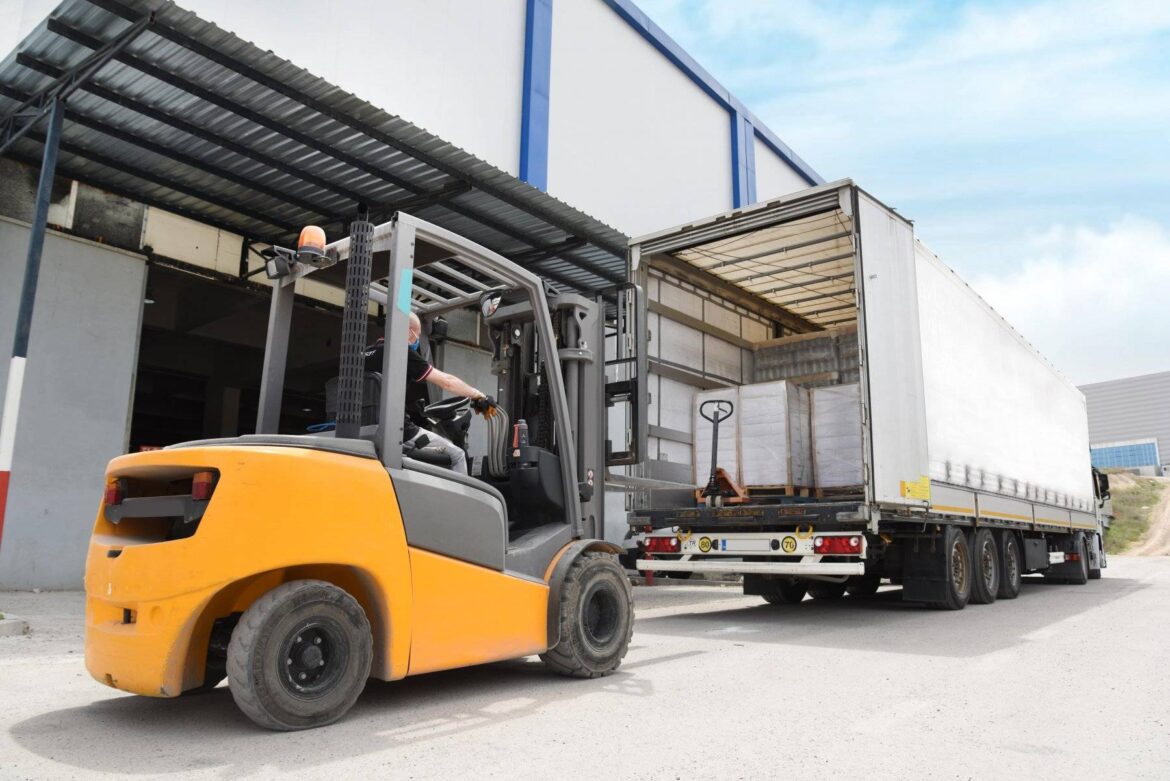Finding consistent loads is essential for dry van drivers to maintain steady income and keep their trucks moving. While demand for dry van transportation is high, knowing where to find available loads quickly can save drivers valuable time and increase profitability. In this article, we’ll explore four effective ways dry van drivers can find loads and ensure they stay on the road.
Contents
1. Load Boards
One of the most popular and accessible ways for dry van drivers to find loads is through online load boards. These platforms connect drivers with shippers or brokers who have loads that need to be moved. Drivers can filter loads based on their truck type, location, and desired route. Load boards typically offer detailed information about the shipment, including the pickup and delivery points, freight description, and the rate offered. Some of the top load boards for dry van drivers include:
- DAT
- Truckstop
- 123Loadboard
These platforms often require a subscription, but the benefits of real-time load postings and access to a large network of shippers and brokers make it worthwhile for many drivers.
2. Freight Brokers
Another common way to find loads is by working with freight brokers. Freight brokers act as intermediaries between shippers and carriers, connecting dry van drivers with available freight. While brokers charge a fee or take a percentage of the load price, they offer a valuable service by finding loads quickly, negotiating rates, and managing logistics. Establishing long-term relationships with reliable brokers can lead to regular, high-paying loads.
Many brokers specialize in certain types of freight or regions, so drivers can choose to work with those who best match their needs and routes. Some well-known freight brokerages include:
- C.H. Robinson
- Echo Global Logistics
- XPO Logistics
3. Direct Contracts with Shippers
For drivers who want to bypass intermediaries, building direct relationships with shippers can be a profitable way to secure loads. By contacting local manufacturers, warehouses, and distribution centers, drivers can negotiate contracts directly with businesses that frequently need transportation services. This approach eliminates broker fees and can result in more stable, long-term business relationships.
Drivers can approach retailers, factories, and wholesale suppliers that regularly ship non-perishable goods or products that fit within a dry van’s capabilities. Networking with local businesses or using professional platforms like LinkedIn can help drivers connect with potential clients in need of transportation.
4. Dispatch Services
For drivers who want to focus on driving while someone else handles the logistics, using a freight dispatch service is a viable option. Dispatch services like resolute-logistics.com work similarly to brokers but take on more responsibility in finding and negotiating loads on behalf of the driver. Dispatchers handle communication with shippers and brokers, manage paperwork, and often ensure drivers are matched with the best possible loads for their routes.
Dispatch services typically charge a percentage of the load payment, but for drivers who want to minimize time spent on administrative tasks, it’s a convenient solution. Some dispatchers specialize in particular regions or types of loads, making them a great resource for finding consistent freight.
Conclusion
Finding loads as a dry van driver doesn’t have to be a challenging task. With the variety of methods available today, from load boards and freight brokers to dispatch services and direct contracts with shippers, drivers have multiple options to keep their trucks moving. By using a combination of these strategies, dry van drivers can increase their chances of finding consistent, profitable loads and growing their business in the competitive world of trucking.


